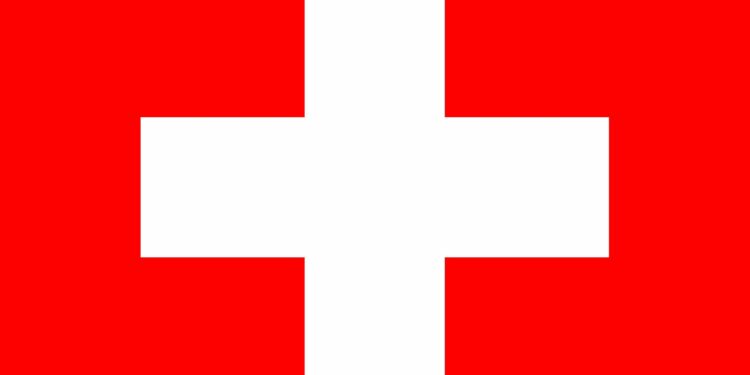At the end of the war, Swiss politics and neutrality were internationally compromised because Switzerland had maintained relations with Nazi Germany until its demise. The Soviet Union only reluctantly accorded diplomatic recognition to Switzerland, which had been a herald of anticommunism in the interwar period. In a 1946 agreement the Western Allies, especially the United States, compelled Switzerland to compensate the looted western European central banks, requiring the payment of some 250 million Swiss francs. Because Switzerland would have received no special recognition of its neutrality, the Federal Council decided not to join the United Nations (UN), which nonetheless occupied offices in Geneva. Joining the North Atlantic Treaty Organization (NATO), the U.S.-led Western alliance, was never a serious option for a country that believed armed neutrality had been the best defense against Nazism and would also save the country from communism. The Cold War allowed Switzerland to again become a respectable member of the international community. Neutrality enabled it to play a mediating role between the two antagonistic camps, but, as a capitalist democracy with a strong citizens’ army, it was a tacit member of the noncommunist world and one of its key defenders. An interesting and complicated mixture of neutrality, isolationism, solidarity, anticommunism, and militarism became the common, often complacent ideology of most Swiss, be they bourgeois or socialist.
In 1959 the so-called Zauberformel (“magic formula”) for the Federal Council was established, under which it was composed of two liberals, two conservatives, two Social Democrats, and one member of the peasant-based Swiss People’s Party. This formula, which persisted until 2003, permitted the government to sidestep party rivalries to distribute Switzerland’s growing wealth and build a strong social welfare state. For a long period after World War II, the undamaged Swiss economy experienced very little unemployment, and it grew approximately 5 percent per year in the 1950s and ’60s. During this period, foreign policy was virtually reduced to negotiating bilateral trade agreements. Because Switzerland avoided multilateral ties that could affect its sovereignty, it resisted European integration efforts. Thus, it did not join the European Economic Community (later succeeded by the European Union [EU]); instead it was a founding member of the European Free Trade Association (EFTA) in 1960. Switzerland’s economic growth rapidly changed the landscape and the living standard, helping to perpetuate the image of the country as a special case (Sonderfall). It renounced bilateralism only slowly and gradually within “apolitical” international bodies, including the General Agreement on Tariffs and Trade (1966), the International Monetary Fund and World Bank (1992), and the World Trade Organization (1995). In 1971 the World Economic Forum was established in Davos as a gathering for the discussion of policy, economics, and social issues. By the early 21st century the name Davos had become synonymous with globalization and the international decision makers who regularly attended the meeting.
Switzerland’s strong economy attracted many immigrants, first from Italy and Spain and after 1980 from Yugoslavia and Turkey. Xenophobic political parties began to attract significant support about 1970, though initiatives to reduce the number of foreign labourers were narrowly defeated. Nonetheless, during the 1970s many foreign workers, particularly those in construction and watchmaking, were forced to leave as a result of sector restructuring and rationalization. By 2000, however, foreign citizens constituted nearly one-fifth of Switzerland’s population. (This high proportion resulted in large measure from the legal and political difficulties involved in naturalization.)
Switzerland also has kept a conservative approach to several other issues. For example, women were enfranchised on the national level only in 1971, and in the canton of Appenzell they had to wait until 1990 for full voting rights. Relatively late, in 1981, an equal rights amendment was added to the constitution, and in 1985 the rather patriarchal marriage law was amended. Another problem that had lasted for decades was resolved pragmatically in 1978, when a national referendum authorized Jura, a French-speaking Catholic area of the Protestant canton of Bern, to form its own canton.
The 1968 student revolt common throughout the West left its traces in the country, but the bourgeois majority furiously rejected its Marxist ideas. However, changes in lifestyles, gender relations, and the popular culture did not spare the Helvetic island, and the successful opposition against an atomic power station near Basel was one trigger of a strong environmental movement. A youth rebellion, originating in 1980 in Zürich, caught international interest, as did “Needle Park,” a temporarily free market for drugs, years later.
Source link : https://www.britannica.com/place/Switzerland/The-postwar-period
Author :
Publish date : 2024-10-23 05:00:00
Copyright for syndicated content belongs to the linked Source.


